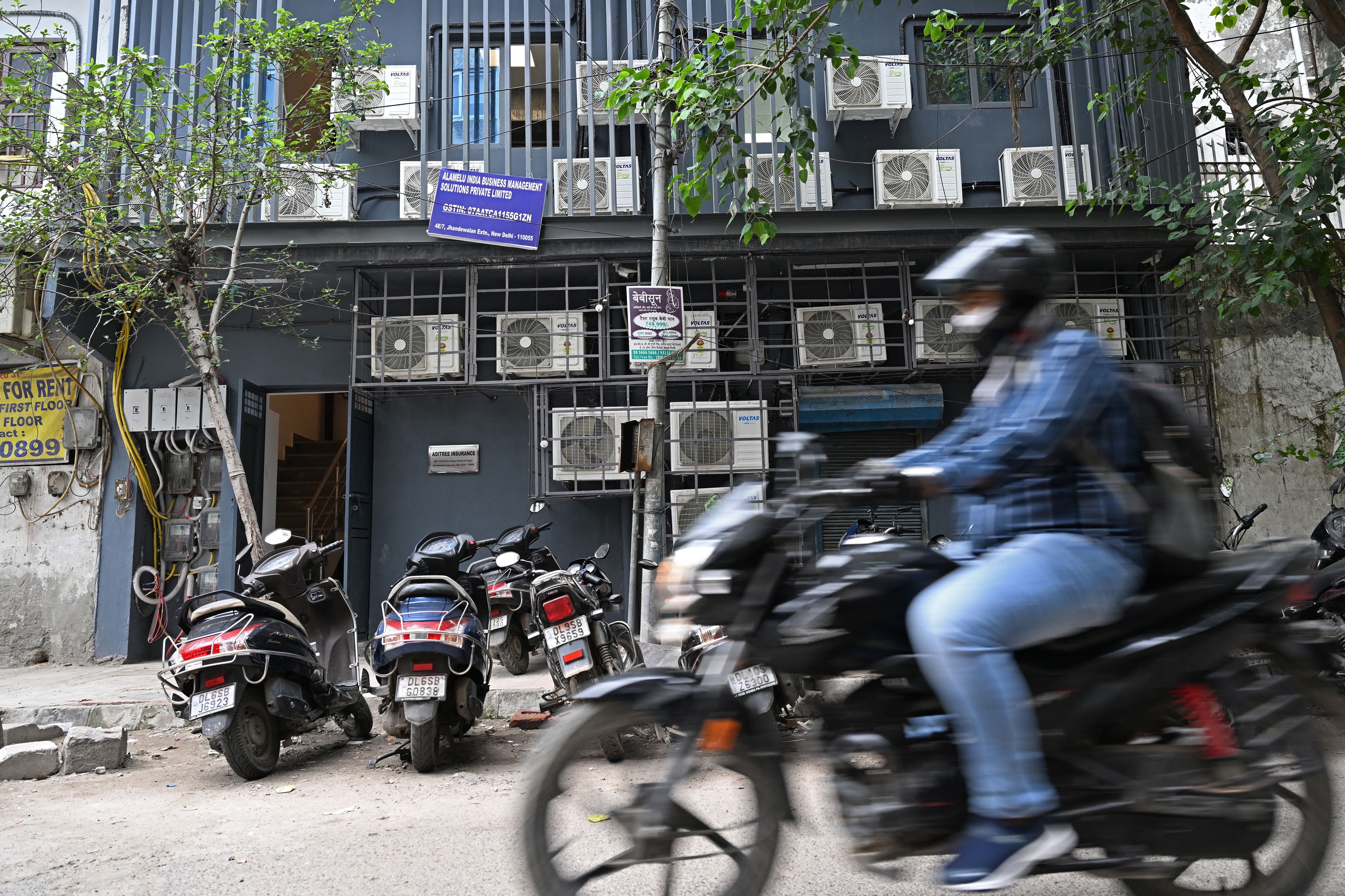India unlikely to join global cooling pledge at Cop28, government sources say
India will cite its need to have affordable cooling, sources say

Your support helps us to tell the story
From reproductive rights to climate change to Big Tech, The Independent is on the ground when the story is developing. Whether it's investigating the financials of Elon Musk's pro-Trump PAC or producing our latest documentary, 'The A Word', which shines a light on the American women fighting for reproductive rights, we know how important it is to parse out the facts from the messaging.
At such a critical moment in US history, we need reporters on the ground. Your donation allows us to keep sending journalists to speak to both sides of the story.
The Independent is trusted by Americans across the entire political spectrum. And unlike many other quality news outlets, we choose not to lock Americans out of our reporting and analysis with paywalls. We believe quality journalism should be available to everyone, paid for by those who can afford it.
Your support makes all the difference.India is unlikely to sign onto a global pledge to reduce cooling-related emissions at the COP 28 climate meeting, citing the need for the world’s most populous country to have affordable cooling, two government officials told Reuters.
The pledge to cut cooling-related carbon dioxide emissions by at least 68% by 2050 compared with 2022 levels was developed by the United Nations Environment Programme’s Cool Coalition and Cop28 host the United Arab Emirates.
The pledge would require major investments by countries to shift to sustainable cooling technologies and also raise the cost of such products.
It is expected nations will announce their decision on the cooling pledge at the annual climate conference in Dubai from Nov. 30 to Dec. 12.
India and China, two of the world’s key economies and carbon emitters with a combined population of over 2.8 billion, are key to the success of the cooling pledge.
India is “probably the single most important country for this pledge,” said Brian Dean, head of energy efficiency and cooling at Sustainable Energy for All, which helped to develop the pledge.
“They’ve been ahead of the curve on doing what’s needed for their country on cooling with the India Cooling Action Plan. And it would be a really important global signal if they were to sign the pledge,” he said.
New Delhi is not willing to undertake targets above those committed to in 1992 under the multilateral Montreal Protocol to regulate production and consumption of ozone depleting chemicals and hydrofluorocarbons used in refrigerators, air conditioners and insulating foams, the government officials said.
India’s environment ministry did not reply to a request for comments. The officials spoke on condition of anonymity as India’s stand is still being considered.
The country aims to reduce its power demand for cooling across sectors by 20%-25% by 2038 under its own cooling action plan announced in 2019.
“India’s per capita emissions and energy consumption are very low. Its cooling requirements are set to grow multifold in the coming years and it cannot risk committing to investments that will make cooling expensive,” one of the government officials said.
The South Asian country’s electricity consumption for household air conditioners is expected to increase nine-fold by 2050, outpacing growth in every other major household appliance, according to data published this week by the International Energy Agency (IEA).
Between 2019 and 2022, India’s electricity consumption for air conditioning increased 21% and nearly 10% of its electricity demand comes from those appliances. Its per capita carbon emissions are around 2 metric tons against the world average of around 5 metric tons.
Dean said the cooling pledge is an opportunity for countries to receive funding from other countries and philanthropies.
“So if India doesn’t sign, it’s an opportunity for other countries to take advantage of future financial flows,” he said.



Join our commenting forum
Join thought-provoking conversations, follow other Independent readers and see their replies
Comments